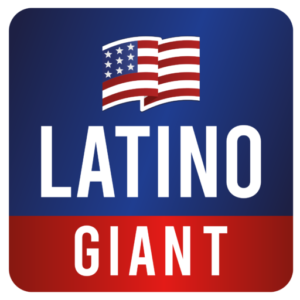Anger and condemnation broke out as families, attorneys and immigrant advocates absorbed the blast from the latest bombshell delivered by the Trump administration — a travel ban that stops or restricts people from 19 mostly African, Asian and Caribbean countries from entering the U.S.
While the Trump administration said the travel ban is meant to keep Americans safe, critics lobbed accusations of discrimination, cruelty, racism, inhumanity and more in response. Meanwhile, the news also elicited confusion over what will happen once the ban goes into effect on Monday.
“This travel ban is a racist, bigoted and xenophobic and deeply un-American attack on human rights — it’s like persecution. We have fled dictatorship, violence, hunger,” Adelys Ferro, executive director of the Venezuelan American Caucus, told NBC News from Miami, a city with a large population of immigrants from several of the countries on Trump’s list.
“This administration clearly has something against immigrants, and it has something against us in particular,” said José Antonio Colina, a former Venezuelan army lieutenant who fled to Miami in 2003 and heads the exile organization Veppex. “We are double-persecuted. We are persecuted by the tyranny of Nicolás Maduro and we are persecuted by the administration of Donald Trump.”
A 38-year-old Haitian green-card holder in Miami who was too fearful to allow her name to be used said she and many others in the community feel “confused and scared” over the travel ban on Haiti. She said most of her family lives there, including her sister and father, who is sick. “They come all the time to visit and now I don’t know if they will be able to,” she said, adding she heard there were exceptions to the ban but wasn’t sure.
There are some exceptions, including for people with lawful permanent residency, spouses and children of U.S. citizens, those who are adopted and others.
“But if you are a spouse of a permanent resident, forget about it,” said Doug Rand, former senior adviser of U.S. Citizenship and Immigration Services during the Biden administration. It will also affect other relatives, such as adult children and siblings of U.S. citizens, people who won the diversity lottery or people who were sponsored by U.S. employers and are from the listed countries, “people who have been waiting for years and done it the right way,” he said.
In Havana, a queue of people outside the U.S. Embassy learned the news of the travel ban and suspensions as they waited for their visa interviews.
“I had been waiting nine years for this moment,” said one young woman in line, who declined to be identified by name for fear it might affect her visa chances. She and others said the suspension means not being able to visit family or escape dire circumstances in Cuba.
“If they don’t grant visas, Cubans will starve, given the situation, they will starve,” said Ismael Gainza, a retired Cuban. “I see that measure as bad, I see it as bad because the situation is tough and we have to survive.”
Trump’s proclamation issued Wednesday night bans nationals from 12 countries from traveling to the U.S. The countries are: Afghanistan, Myanmar, Chad, Republic of Congo, Equatorial Guinea, Eritrea, Haiti, Iran, Libya, Somalia, Sudan and Yemen.
In seven more countries, travel to the U.S. was suspended but not banned. They are Burundi, Cuba, Laos, Sierra Leone, Togo, Turkmenistan and Venezuela.










